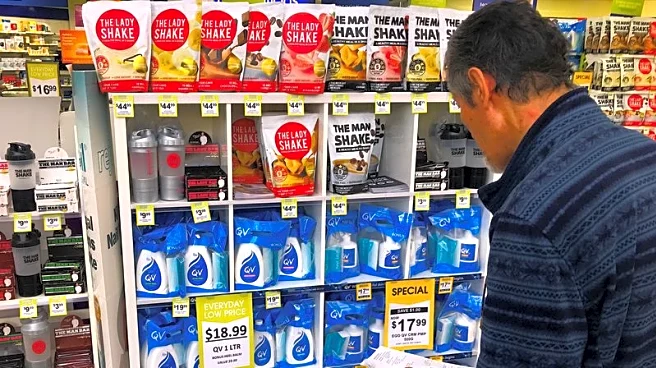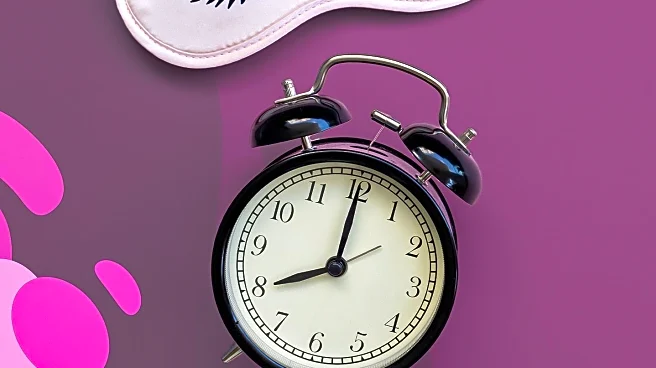SYDNEY (Reuters) -Australian consumer prices jumped by far more than forecast in July as electricity prices spiked due to the timing of government rebates, which has injected more volatility into this
year's series.
The Australian dollar edged back above 65 cents, while three-year bond futures fell 4.5 ticks to 96.55, the lowest in three weeks, although investors were still confident the Reserve Bank of Australia will next cut rates in November.
Data from the Australian Bureau of Statistics on Wednesday showed its monthly consumer price index (CPI) rose 2.8% in July compared to a year earlier, up from 1.9% in June and well above median forecasts of 2.3%.
The trimmed mean measure of core inflation ran at an annual 2.7% in July, up from 2.1% in June. A measure excluding volatile items and holiday travel climbed to 3.2%, from 2.5%.
In the month, CPI rose 0.9% from June.
The bureau said the spike was driven by electricity prices, which jumped 13% in July as households in the state of New South Wales and Australian Capital Territory did not receive federal government electricity rebates.
"This means that those households had higher out-of-pocket costs for electricity in July. In addition to this, prices rose due to annual electricity price reviews coming into effect," said Michelle Marquardt, head of prices statistics.
She added that those households will receive the rebates in August.
The RBA cut interest rates for a third time this month and opened the door to more policy easing as inflation cooled. The board said the pace of easing over the next year could be gradual or quicker depending on the flow of economic data.
The RBA forecast headline inflation - which ran at 2.1% last quarter - to pick up to 3.1% by mid-next year as electricity rebates fade, but core inflation is expected to stay anchored around 2.6% over the coming years.
The inflation update for the first month of the quarter only covers a portion of the full CPI basket and is concentrated on goods rather than services. The statistics bureau will have the full monthly inflation data from November onwards.
Wednesday's report showed rents rose 3.9% in the 12 months to July, the lowest annual growth since late 2022, while clothing and footwear rose a chunky 1.7% in the month.
(Reporting by Stella Qiu and Wayne Cole; Editing by Muralikumar Anantharaman and Sam Holmes)









